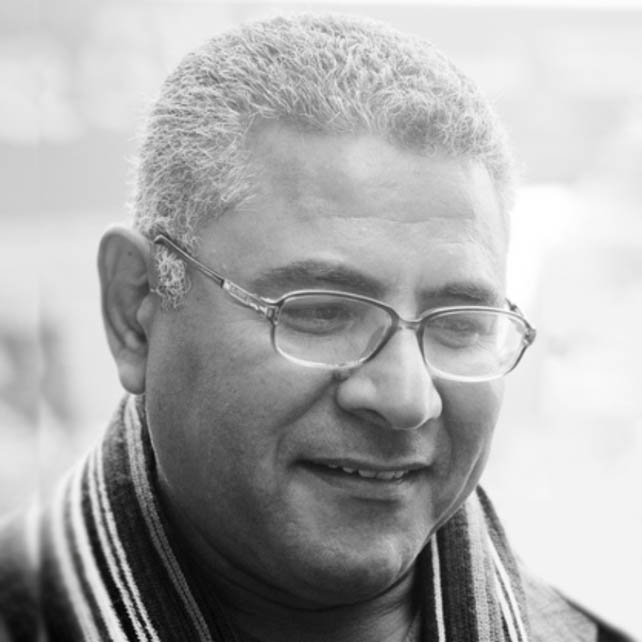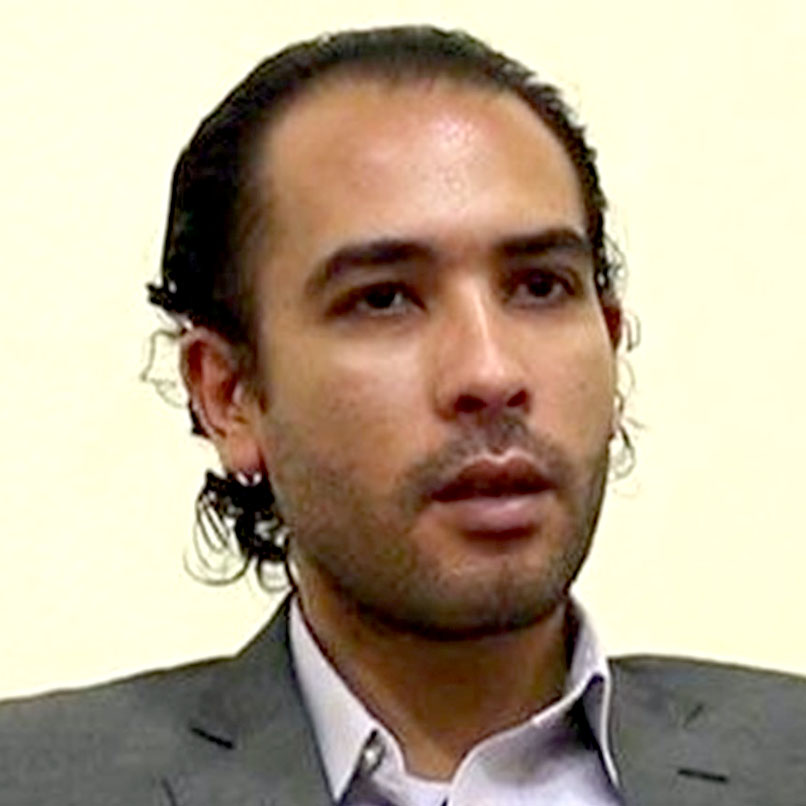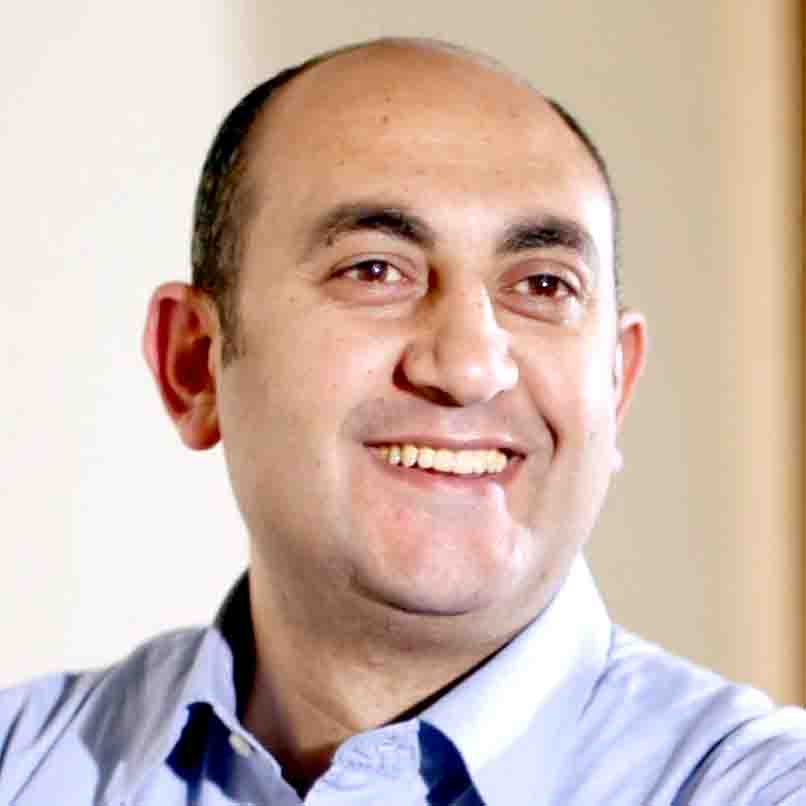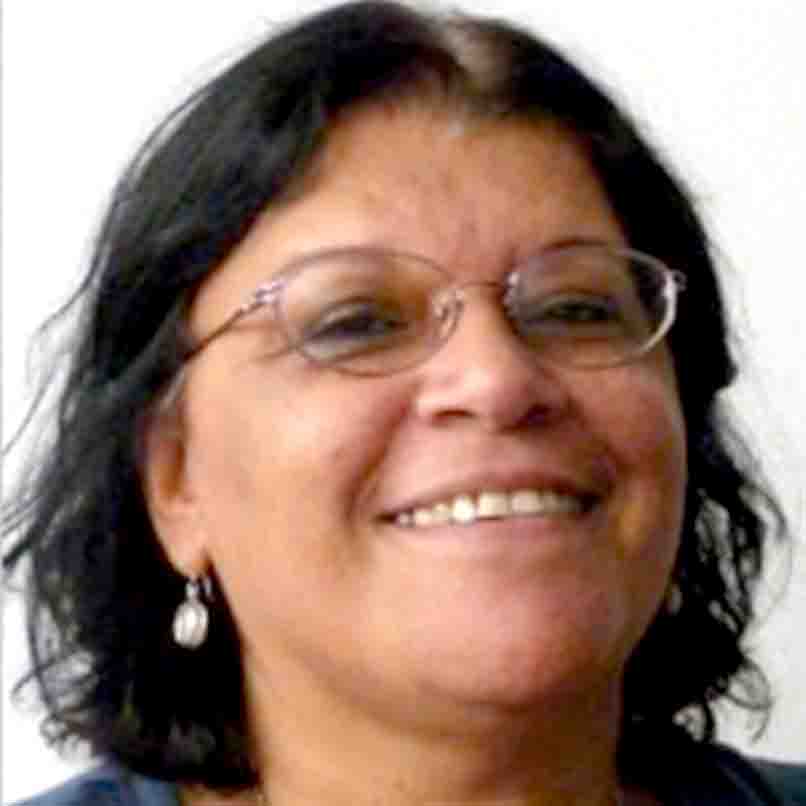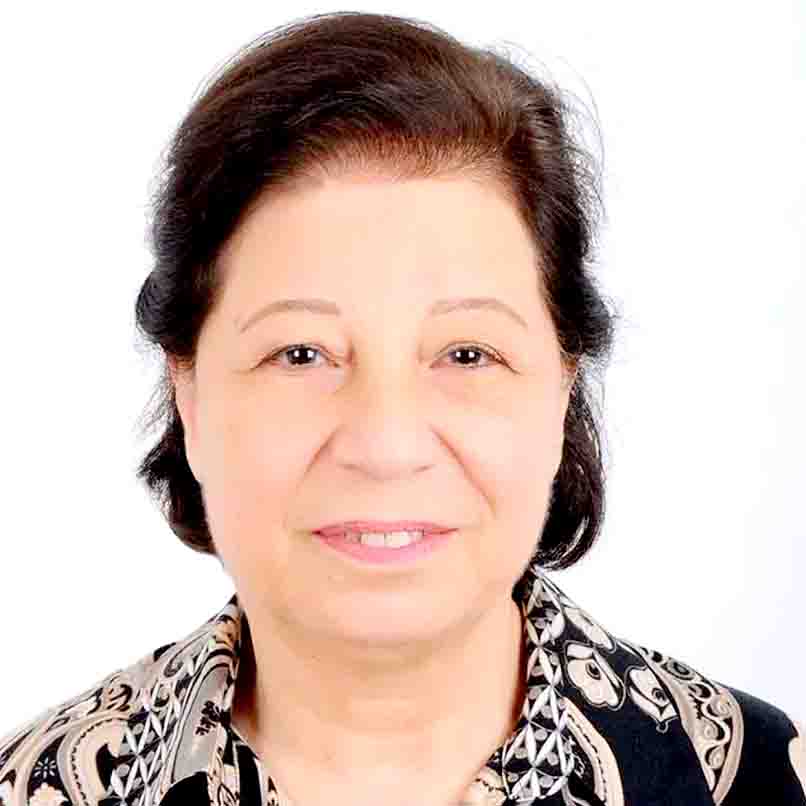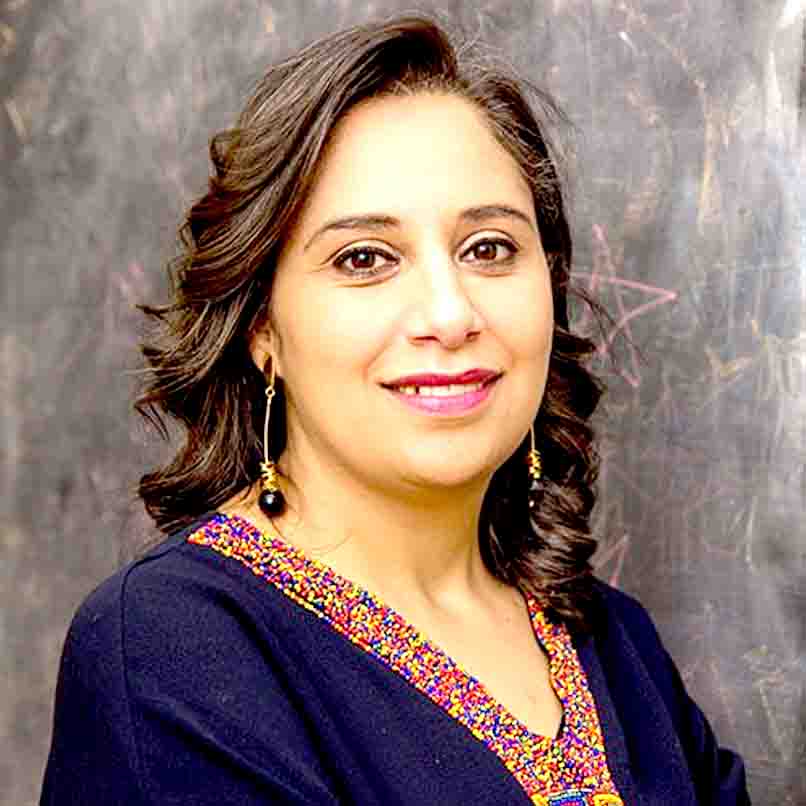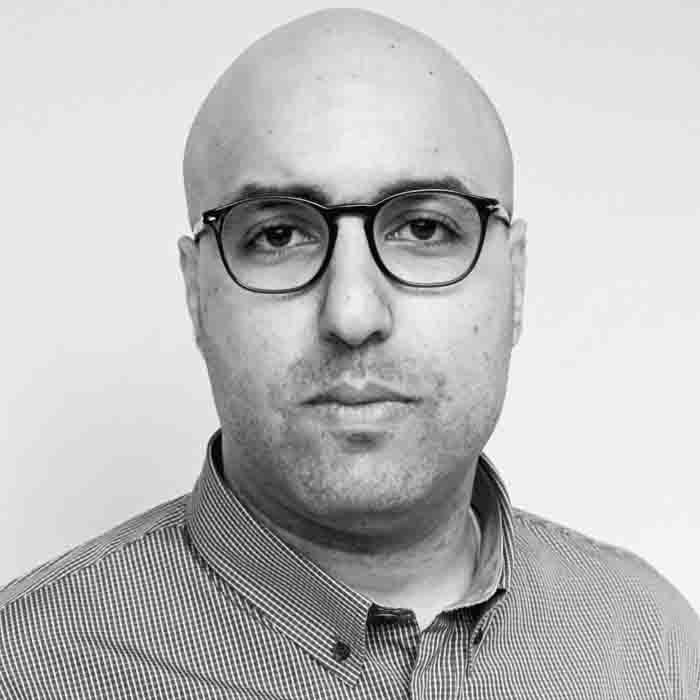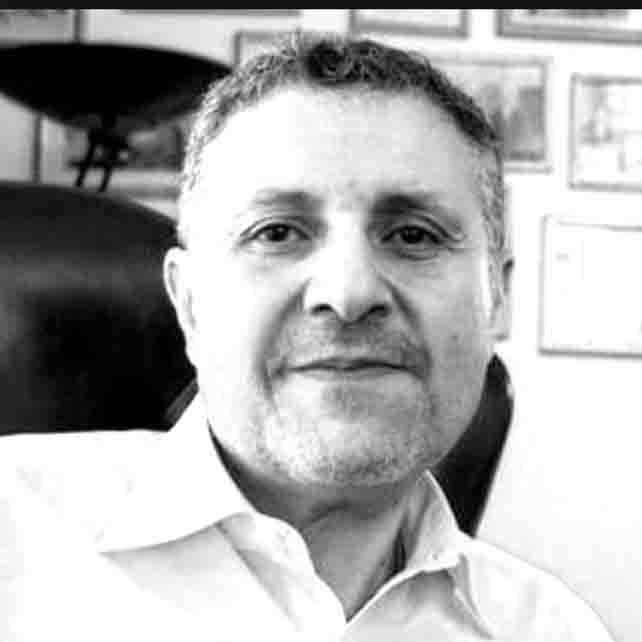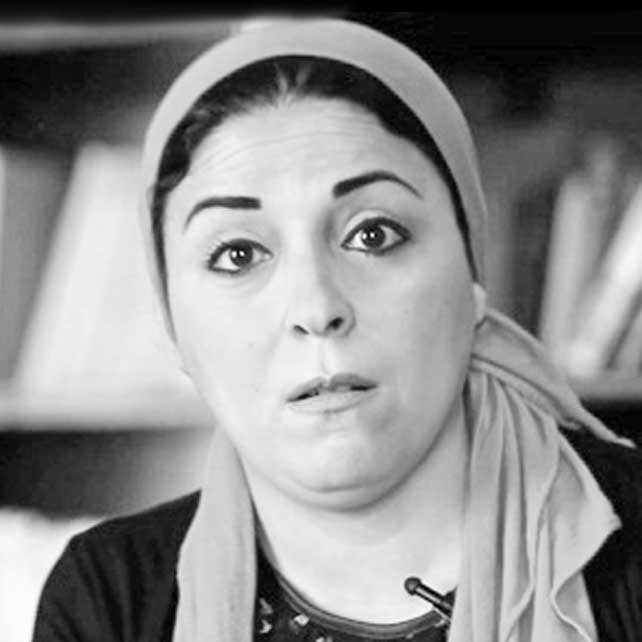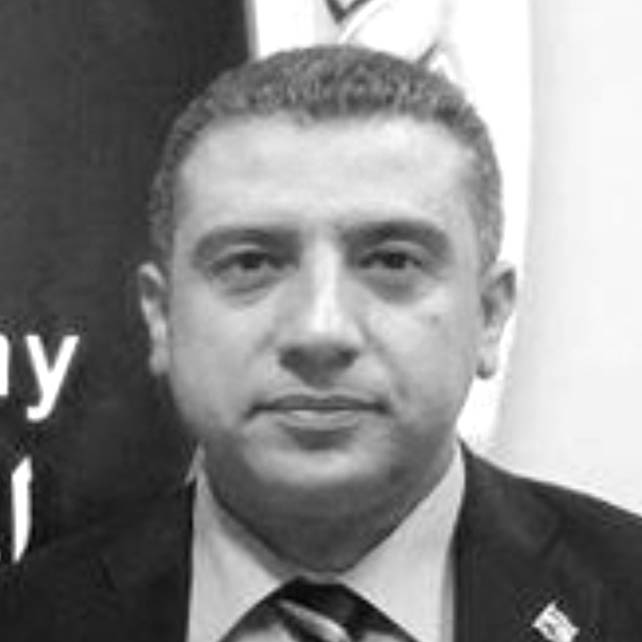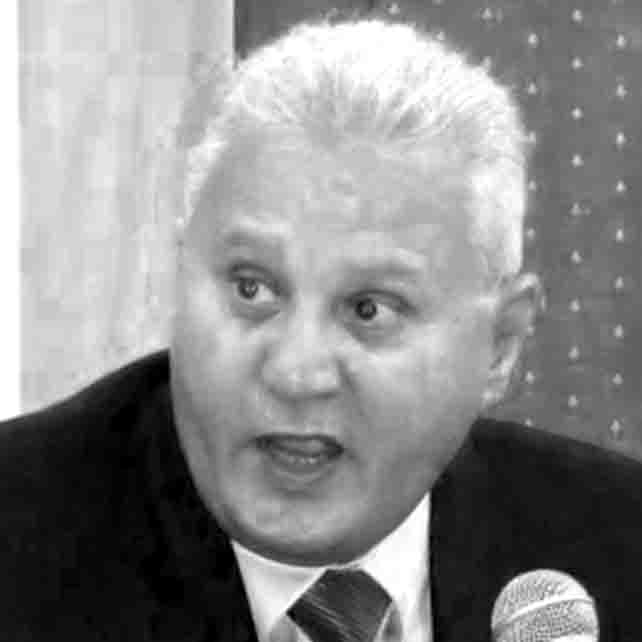Today Egypt will be subject to review under the United Nations Universal Periodic Review (UPR) process in Geneva. Scores of Egyptian human rights activists who have actively participated in gathering and submitting information to the process have not been able to present their work to governments represented in Geneva, or in national capitals, because they are banned from traveling outside of Egypt in reprisal for their legitimate activities as human rights defenders.
CIHRS is Launching a Campaign to Lift the Travel Bans on Egyptian Human Rights Defenders under the title "Lift the Travel Bans", which includes short background materials on eleven human rights defenders who have contributed materials to UPR submissions but have been unable to present their findings and recommendations outside of Egypt. These eleven cases are emblematic of those of scores of activists currently under travel bans. CIHRS has documented the cases of 34 human rights defenders currently under bans. Many of them have been served with these bans directly as a result of their active participation in providing information to the UN in the context of the previous UPR process.
The Cairo Institute for Human Rights (CIHRS) is calling for the lifting of travel bans imposed against independent Egyptian human rights activists. These activists have been unable to take part in raising awareness about Egypt’s deepening human rights crisis in this year’s United Nations review of Egypt’s human rights performance. CIHRS is calling for the immediate lifting of these unjust bans.
The Egyptian government has submitted its report on its human rights performance since its last review in 2014 and other governments will have the opportunity to submit questions and make recommendations at the review session. In addition, human rights organizations from inside and outside Egypt have made submissions to the UN’s UPR process providing detailed information about human rights conditions.
“The inability of independent Egyptian human rights defenders to participate in Egypt’s UPR review undermines the integrity of the whole process,” said Neil Hicks, Senior Director for Advocacy of (CIHRS). Governments are encouraged to hold wide ranging consultations with relevant stakeholders, including civil society organizations and human rights defenders as part of preparing for the UPR. “The Egyptian government’s severe repression of independent human rights organizations, including the travel bans imposed on dozens of activists, makes it impossible for Egyptian human rights organizations to play their intended role in the process.”
“A UPR process without the full participation of independent civil society is a sham process,” added Hicks.
As noted in the latest report of the Secretary-General on reprisals against those who cooperate with the human rights mechanisms of the United Nations, Egypt has engaged in a “pattern of reprisals” against those who seek to cooperate with UN human rights mechanisms.
Lift the Travel Bans
In late December 2011, security forces raided the offices of a number of international and local civil society organizations in Egypt, arresting several members of these organizations. This set in motion Case no. 173 of 2011, known as the Foreign Funding Case, orchestrated to crack down on rights organizations. The case was later divided into two parts: the first centered on foreign or international civil society organizations and the second concerning Egyptian organizations.
In the first part of the case involving foreign organizations, 43 defendants were convicted by the Cairo Criminal Court in June 2013. The Court of Cassation overturned the verdict and ordered a retrial, which resulted in a final verdict of acquittal for all defendants on 20 December 2018.
In the second part of the case concerning Egyptian organizations, 12 organizations were charged with receiving funds from abroad for the purpose of harming the country, and with operating through an unlawful entity using these funds for criminal purposes. The charges carry up to a life sentence. In 2015 and 2016, the investigative judge banned 31 heads of rights organizations from travel. He also issued orders freezing the assets of several organizations and the personal assets of their founders and the families of the founders.
Gamal Eid
A rights lawyer, Gamal is the founder and executive director of the Arabic Network for Human Rights Information, an institution specializing in legal defense and support for freedom of expression and press in Egypt and the Arab region. ANHRI contributed to the Universal Periodic Review (UPR) of Egypt’s rights record in 2010 and 2014, particularly on assessing Egypt’s international obligations in media and publication freedom.
Gamal Eid was given the Roland Berger Award for Human Dignity in November 2011, granted by the Germany-based Roland Berger Foundation, established in 2008 to honor individuals who act to defend human rights and dignity. At the time, Gamal announced that the prize money would be dedicated to opening additional Karama libraries, an ANHRI initiative to create five public lending libraries in working-class neighborhoods in Cairo and the provinces serving young people, children, and adults. Regrettably, security forces shut down the libraries in December 2016. In August 2017, the ANRHI website was blocked in Egypt along with more than 500 other websites.
On 4 February 2016, Gamal learned from a police officer at the Cairo International Airport that he was banned from travel pursuant to an order from the investigative judge in Case no. 173 shortly before he was set to travel to Greece to conduct a rights interview. He was not informed of the reasons for the ban, and thus far no judicial body has summoned him for questioning. Two other ANHRI attorneys were interrogated in connection with the same case; they were released.
Malek Adly
A lawyer and legal researcher and the executive director of the Egyptian Center for Economic and Social Rights, Malek is the founder of the “Egypt Isn’t for Sale” campaign, a petition drive launched to protest the Tiran and Sanafir border agreement concluded by Egypt with Saudi Arabia.
In May 2016, Malek was banned from travel by order of the investigative judge in Case no. 173 while he was detained for his opposition to the Tiran and Sanafir agreement. He was not notified of the travel ban at the time.
After his release from prison and while preparing to travel to Paris on 2 November 2016, he suddenly learned he was banned from travel in connection with the case. He confirmed the travel ban with the Passports Authority.
Malek Adly was questioned in Case no. 173 and released on his personal recognizance in August 2017. He was charged with assisting the Hisham Mubarak Law Center in acts likely to harm national security.
Khaled Ali
A lawyer and politician, Khaled Ali is the former director of the Hisham Mubarak Law Center and the Egyptian Center for Economic and Social Rights. He was also a candidate in the first presidential elections held after the revolution of 25 January 2011. Through the Egyptian Center for Economic and Social Rights, he contributed to the Universal Periodic Review of Egypt’s rights record in the first and second rounds in 2010 and 2014, focusing on Egyptian government social policies (health care, housing, education, and social security).
On 6 October 2018, Khaled learned from the newspapers that he had been banned from travel by order of Judge Hisham Abdel Meguid, appointed by the president of the Cairo Appellate Court to investigate Case no. 173 of 2011. He has thus far not been summoned for questioning.
Aida Seif al-Dawla
A feminist and rights activist, Aida works as a psychiatrist in Egypt.is a founder of the Nadeem Center for the Rehabilitation of Victims of Violence and Torture, which offers rehabilitation services to victims of torture and violence.[2] The center also issues monthly reports on torture and violence in prisons and detention sites, and on human rights violations committed by police.
In April 2018, the Nadeem Center received the ninth Amnesty International Prize from the organization’s Germany branch. In concert with several other independent Egyptian groups, the Nadeem Center assessed the status of human rights in Egypt as part of the Universal Periodic Review of Egypt’ rights record.
On 23 November 2016, Cairo International Airport authorities stopped Aida, saying she was on the travel ban list by order of the investigative judge in Case no. 173. She was scheduled to fly to Tunisia to participate in a conference for organizations working in North Africa on the rehabilitation of victims of violence.[3]
[1] She is also a former professor of psychiatry at the Faculty of Medicine at Ain Shams University, and a translator.
[2] in the form of long- and short-term psychological and medical support.
[3] in preparation for the issuance of a uniform documentary guide on victims of violence and torture in the region.
Suzanne Fayad
A feminist rights activist and a founder of the Nadeem Center, she founded and directs the Psychological Support and Rehabilitation Unit at the center.
Authorities at the Cairo International Airport prevented Suzanne from traveling based on a decree of the investigative judge in Case no. 173 of 2011, shortly before she was scheduled to fly to Tunisia to take part in a conference on the rehabilitation of child victims of torture.
On 18 July, the investigative judge summoned her for questioning; she was subsequently released on a bail of LE20,000. During questioning, she was charged with establishing an entity in violation of the law, engaging in activities that contravene the purpose of establishment with the goalof harming national security, and receiving funds from abroad with the goal of harming national security and tax evasion.
Mozn Hassan
[1] The meeting was scheduled for 27 June to 1 July 2016
Mohamed Zaree
The director of the Egypt program at the Cairo Institute for Human Rights Studies, Mohamed Zaree was the recipient of the Martin Ennals Award in October 2017. Known as the human rights Nobel, the award is given to prominent defenders of human rights principles around the world.
CIHRS’ Egypt program helped to coordinate rights organizations and submitted their joint report during the first and second Universal Periodic Review of Egypt’s rights record in 2010 and 2014, as well as several thematic reports on rights violations.[1]
On 26 May 2016, security officers at the Cairo International Airport informed Zaree that he was banned from travel pursuant to an order from the investigative judge in Case no. 173 of 2011. A year later, he was summoned for questioning, on 24 May 2017. He was charged with receiving, with others, money from foreign entities – money that was directed to the Cairo Institute for Human Rights Studies, an unregistered entity; spending this money for unlawful purposes with intent to harm national security and national interest; and participating with others in preparing reports for the UN as part of the UPR, with the purpose of tarnishing Egypt’s reputation. The judge released him on bail of LE30,000.
During the interrogation, Mohamed maintained that the defense of human rights does not harm national interest; rather, it is the violation of human rights and the elimination of fundamental freedoms that harms national security and is incompatible with national interest.
<hr />
[1] This is part of CIHRS’ focus on assessing the status of human rights in Egypt and Egypt’s fulfillment of its international obligations, in pursuit of which it assists and engages with numerous international and UN instruments.
Negad El Borai
A rights lawyer and the director of the United Group for Law and Legal Consultation, Negad El Borai has drafted and submitted several bills related to civil rights and liberties, among them a bill to combat torture in prisons.
On 3 March 2016, he was questioned on charges of establishing an unlicensed entity with the goal of advocating resistance to the authorities, engaging in the activities of human rights organizations without a license, obtaining funds from the National Center for State Courts, and intentionally publishing false information with the purpose of harming the public order and public interest.
On 26 January 2017, the authorities at the Cairo International Airport prevented Negad from traveling based on an order from the investigative judge in Case no. 173, shortly before he was scheduled to fly to Jordan for a family visit. Negad only learned of the travel ban when he reached the airport.
Esraa Abdel Fattah
An Egyptian journalist and democracy activist, Esraa Abdel Fattah worked as a project director at the Egyptian Democratic Institute, an Egyptian NGO.
On 6 April 2008, Esraa was arrested after calling for a general strike and charged with inciting to rioting; she was released on 23 April. In 2010, Esraa was given the New Generation Award from Freedom House.
On 13 January 2015, police officers at the Cairo International Airport prevented Esraa from traveling to Germany on a three-month study grant program, based on a court order; at the time, she did not know the source of the order and had not been notified of it.
On 4 October 2018, she was summoned for questioning in Case no. 173 of 2011 on 9 October. She was charged with receiving foreign funds with the aim of harming state interests, destabilizing national security, and evading taxes in violation of the law. She was released on bail of LE10,000.
On the evening of 12 October 2019, days before Egypt’s third Universal Periodic Review at the UN, security forces wearing civilian clothes abducted Esraa from the street. She was disappeared and tortured for eight hours and threatened with death if she spoke about what happened to her during her disappearance. She appeared before the High State Security Prosecution in Case no. 488 of 2019 facing charges of joining a banned group, publishing false news, and abusing social media. She was remanded to custody for 15 days pending investigation.
Hossam al-Din Ali
A human rights defender, Hossam is the president of the Egyptian Democratic Institute, a non-profit organization working to strengthen democracy, human rights, and political participation in Egypt.
On 27 February 2016, authorities at the Cairo International Airport prevented Hossam from traveling to the US, based on an order from the investigative judge in Case no. 173 of 2011. He was scheduled to attend an international conference organized by the US State Department on combating corruption through legislation.
On 20 May 2018, he was questioned in connection with the case on charges of harming national security, receiving funds from agencies outside Egypt, and administering a branch of an international organization without a license. He was released on bail of LE20,000.
Magdy Abdel Hamid
Magdy Abdel Hamid is the president of the Egyptian Association for Community Participation Enhancement, which works to promote Egyptians’ participation in civil society, the public sphere, and political forums, as well as promote women’s participation in dialogue and policymaking.
On 2 October 2017, Magdy was prevented from traveling from Cairo International Airport based on an order from the investigative judge in Case no. 173 of 2011; he was scheduled to attend a development policy forum organized as part of the Euro-Med partnership in Amman, Jordan. He has not been summoned for questioning in the case.
Share this Post

